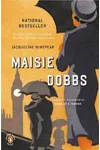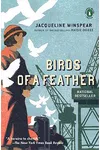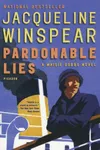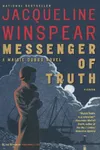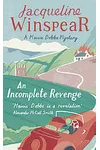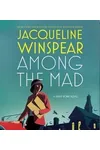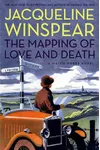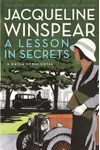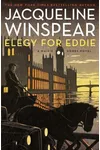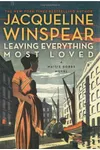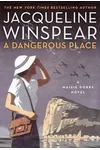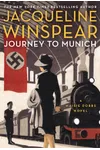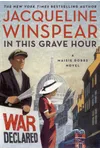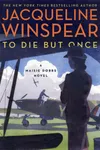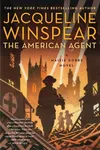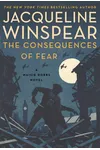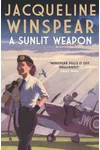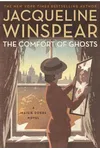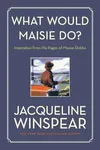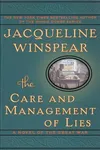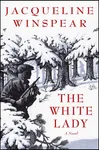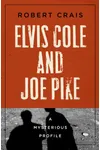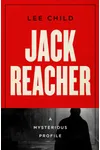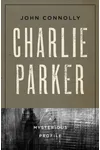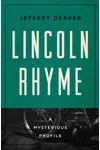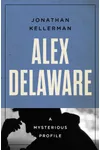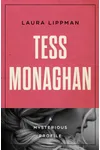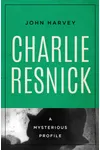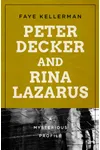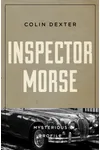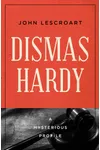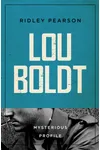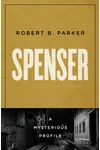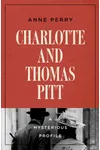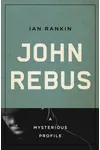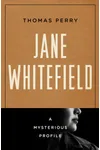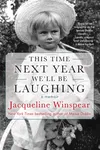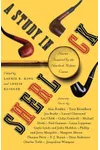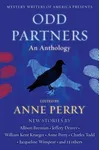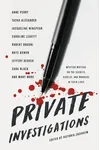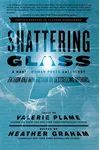Picture a British storyteller who turned the scars of war into gripping mysteries—meet Jacqueline Winspear! Born in 1955 in Kent, England, she’s the genius behind the Maisie Dobbs series, a historical mystery saga that weaves psychological depth with the haunting aftermath of World War I. With a knack for blending heart and suspense, Winspear has captivated readers worldwide, earning awards and a loyal fanbase.
Her stories aren’t just whodunits; they’re windows into the human soul, inspired by her family’s wartime experiences. Ready to dive into a world where a sharp-witted female detective unravels secrets in post-war England? Let’s explore Winspear’s journey!
The Making of Jacqueline Winspear
Jacqueline Winspear grew up in Cranbrook, Kent, where her grandfather’s tales of surviving the Battle of the Somme sparked a lifelong fascination with World War I. Educated at the University of London’s Institute of Education, she worked in academic publishing, higher education, and marketing before moving to the United States in 1990. While stuck in a California traffic jam, the idea for Maisie Dobbs—a nurse-turned-investigator—struck like lightning, launching her writing career.
Before fiction, Winspear penned essays and articles for outlets like The Washington Post and Huffington Post, honing her storytelling chops. Her childhood dream of becoming a writer, fueled by her family’s wartime resilience, set the stage for her literary success.
Jacqueline Winspear’s Unforgettable Stories
Winspear’s Maisie Dobbs series, starting with the 2003 novel *Maisie Dobbs*, follows a working-class woman who rises through intellect and grit to become a private investigator. Set in post-World War I Britain, the series explores trauma, class, and healing through Maisie’s cases. The debut novel won Agatha, Macavity, and Alex Awards, praised for its “compassionate sensitivity” and vivid historical backdrop.
Other gems include *The Comfort of Ghosts* (2024), the series’ finale, which ties up Maisie’s journey in post-World War II London, and *The White Lady* (2023), a standalone thriller about a mysterious ex-spy. Winspear’s non-fiction, like her Edgar-nominated memoir *This Time Next Year We’ll Be Laughing* (2020), offers a heartfelt look at her Kentish childhood. Her style blends meticulous research, elegant prose, and psychological insight, making history feel alive and personal.
From the battlefields of *The Care and Management of Lies* (2014), a Dayton Literary Peace Prize finalist, to Maisie’s ethical sleuthing, Winspear’s work captures the resilience of ordinary people in extraordinary times. Her novels, translated into over 20 languages, resonate with readers who crave both mystery and meaning.
Why Jacqueline Winspear Matters
Winspear’s impact lies in her ability to humanize history. Through Maisie Dobbs, she spotlights women’s roles in war and recovery, offering a fresh perspective on a male-dominated era. Her books have inspired readers to explore the Great War’s lasting effects, bridging past and present with empathy. Awards like the Agatha and Edgar nominations underscore her influence in historical mystery fiction.
Beyond books, Winspear’s essays on war and women’s resilience amplify her voice as a cultural commentator. Her work reminds us that healing from conflict is as much a mystery to solve as any crime, cementing her legacy as a storyteller of heart and depth.
- Born: April 30, 1955, in Kent, England
- Key Works: *Maisie Dobbs* (2003), *The White Lady* (2023), *This Time Next Year We’ll Be Laughing* (2020)
- Awards: Agatha Award, Macavity Award, Edgar Award nominee
- Fun Fact: She narrates the audiobook of her memoir!
About Jacqueline Winspear
Snag *Maisie Dobbs* and dive into Jacqueline Winspear’s spellbinding blend of mystery and history—your next favorite read awaits!
